The Spiritual Meaning of Sunflowers
When it comes to symbolism and spiritual meaning, sunflowers hold a special place. These vibrant and bold flowers have captivated people for centuries with their radiant beauty and uplifting presence. In this article, we will explore the spiritual significance behind sunflowers and how they can inspire and guide us in our spiritual journey.
The Significance of the Sunflower in Various Cultures
The spiritual meaning of sunflowers varies across different cultures and beliefs. In Native American traditions, sunflowers are associated with harvest, abundance, and good fortune. They are seen as symbols of fertility and the life-giving power of the sun. Similarly, in Chinese culture, sunflowers represent longevity, happiness, and vitality.
In Christianity, sunflowers are often associated with faith and devotion. Their ability to turn towards the sun is seen as a symbol of unwavering faith in God. They also represent the brightness and warmth of God’s love, bringing light into the world.
It is through their connection with the sun that sunflowers remind us to always seek the light in our lives and remain faithful to our spiritual path.
The Spiritual Lessons of the Sunflower
Sunflowers teach us several important spiritual lessons. Their tall and sturdy stalks remind us to stand tall and have confidence in ourselves and our abilities. Just as the sunflower follows the sun, we should constantly seek enlightenment and strive for personal growth.
Furthermore, the distinctive spiral pattern of a sunflower’s seeds serves as a reminder of the interconnectedness of all living beings. We are all part of a greater whole, and our actions and choices have an impact on the world around us.
By embracing the lessons of the sunflower, we can cultivate inner strength, connect with our higher selves, and contribute positively to the collective consciousness.
Sunflowers as a Symbol of Positivity and Joy
The vibrant yellow color of sunflowers is often associated with positivity, happiness, and joy. Their bright petals can uplift our spirits and bring a sense of cheerfulness to any space. For this reason, they are often used in spiritual practices, such as meditation and energy healing, to enhance feelings of optimism and well-being.
Sunflowers also have a unique ability to turn their heads towards the sun, following its path throughout the day. This behavior symbolizes adaptability and the willingness to embrace change. It serves as a powerful reminder that even in the face of challenges, we have the capacity to find light and grow.
Let the presence of sunflowers in your life serve as a constant reminder to cultivate positivity, embrace change, and find joy in every moment.
Conclusion
Sunflowers hold a deep spiritual meaning that transcends cultures and beliefs. Their symbolism of faith, abundance, interconnectedness, and positivity can inspire us on our spiritual journey. By embracing the lessons of the sunflower, we can navigate life’s challenges with grace, cultivate inner strength, and contribute positively to the world.
Discover the power of sunflowers and let their radiant energy guide you towards a more enlightened and fulfilling life.
Sunflower: A Symbol of Spiritual Growth and Radiance
The sunflower is a powerful symbol of spiritual growth and radiance. Its vibrant yellow petals represent the awakening of consciousness and the embrace of spiritual enlightenment. This flower serves as a reminder to constantly strive for personal growth and expansion, just like the sunflower turns towards the sun to receive its nourishment.
The sunflower also symbolizes radiance and positivity. Its bright and cheerful appearance reflects the importance of cultivating a positive mindset and radiating positivity to others. By embodying the energy of the sunflower, we can uplift those around us and bring light into their lives.
Furthermore, the sunflower teaches us about perseverance and resilience. Despite facing challenges, such as strong winds and harsh weather conditions, the sunflower stands tall and unwavering. This resilience reminds us to stay grounded and steadfast in our spiritual journey, even when faced with difficulties.
In many spiritual traditions, the sunflower is seen as a representation of divine connection. Its open face towards the sun symbolizes our willingness to connect with higher realms and seek divine guidance. By aligning ourselves with the divine, we can tap into our inner wisdom and find guidance along our spiritual path.
In conclusion, the sunflower holds deep spiritual meaning. It serves as a reminder of our potential for growth, the importance of radiating positivity, the need for perseverance, and the power of divine connection. Embracing the symbolism of the sunflower can enhance our spiritual journey and bring us closer to our true selves.





